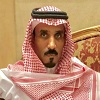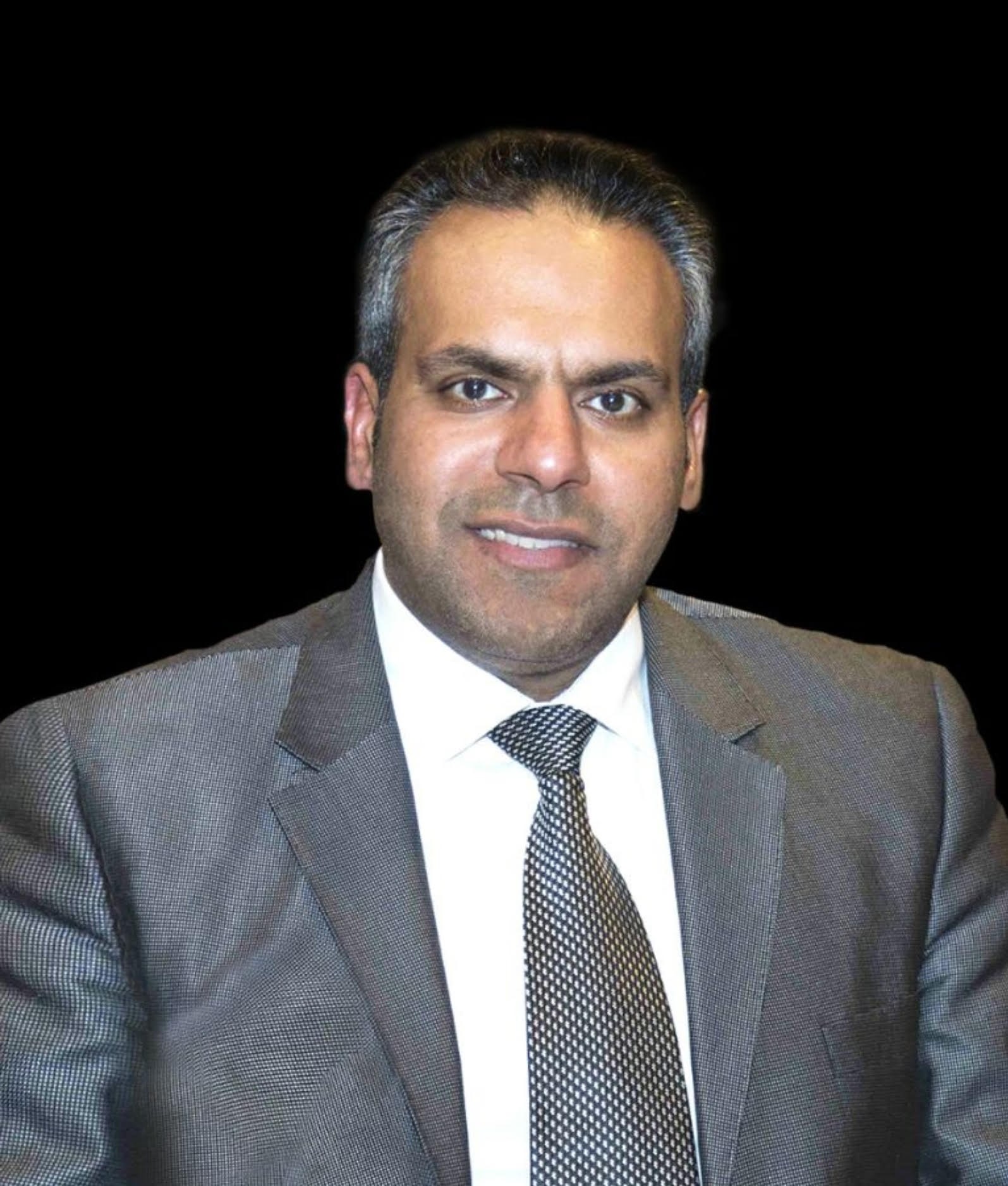© 2020 All rights reserved to Maaal Newspaper
Publisher: Maaal International Media Company
License: 465734
Saudi non-oil private sector activity steady during April
Saudi PMI remained stable in April at 57 points, similar to the reading recorded in March, in light of strong demand conditions. Especially at the level of local markets, which led to the expansion of commercial activity at a significant pace, which indicates the continued pace of private sector activity in the Kingdom, as it enters the second quarter of the year.
According to the Riyad Bank Purchasing Managers’ Index data report, issued on Sunday, the stability of the positive reading indicates another strong improvement, on a monthly basis, in operating conditions within the non-oil private sector in Saudi Arabia.
The report said: “In line with the general trend that we have witnessed since the end of 2020, the latest study data indicated a significant monthly expansion in new orders received by non-oil private sector companies in the Kingdom. Competitive pricing, promotional activity, investment and expansion of customer bases have led to; Especially in the local market, orders increased during April. As a result, business activity rose sharply at the beginning of the second quarter. According to sub-sector data, the wholesale and retail sector witnessed the strongest expansion in production.”
He added: “Expectations of continued improvement in sales performance have reinforced positive growth expectations among the companies included in the study. To accommodate the higher demand, purchasing activity rose sharply in April. Companies increased the stock of raw materials and other elements needed for production during the last study period. In fact, the inventory of purchases rose at a record rate at the beginning of the second quarter.”
The report quoted the senior economist at Riyad Bank, Nayef Al-Ghaith, as saying that the latest reading of the index indicates “the prosperity of the non-oil economy.” This growth indicates an expected rise in non-oil GDP, which is likely to exceed 4.5% for this year.”
Al Ghaith pointed to the significant increase in new orders and the increase in inventory, which indicates a proactive response to the growing demand within the market.
He added: “Despite the decline in employment numbers, there is a noticeable increase in costs associated with recruitment to motivate the workforce. This strategy aims to enhance productivity and ensure the retention of skilled labor within the expanding economy. Strong demand rates, coupled with strategic marketing initiatives and institutional expansions in the wholesale and retail sectors, reinforce the positive trajectory of the Saudi economy.”
Al Ghaith said that with the continued focus on growth and development in the non-oil sector, the consistent performance of the Saudi Purchasing Managers’ Index confirms the promising expectations. The sustained expansion, coupled with evolving market dynamics, confirms the existence of an enabling environment for continued economic prosperity and stability in the Kingdom’s non-oil economy.
But the report indicated that companies reduced hiring for the first time in just over two years in April, due to cost and cash flow considerations, according to anecdotal evidence.
Related







